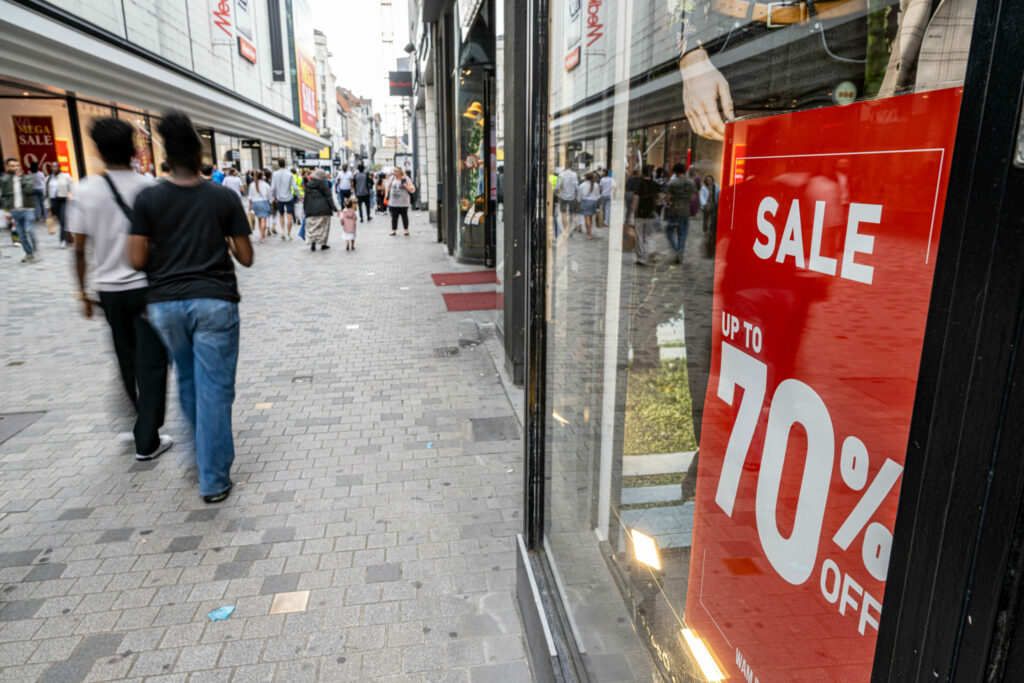Belgium is almost halfway through its sale period and consumer organisation Test Achats carried out a preliminary evaluation of the deals on offer. While some consumers are scoring big, many misleading offers are still circulating.
Unusually high discounts have been in evidence this summer sales period, which started on 1 July. Belgian clothing retailers have experienced one of the worst sales years in over a decade, meaning they had more stock to sell than last year. Test Achats noted on Friday that big deals can also be found at retailers of electronic devices, with many promotions on these products.
"We saw the number of promotions on our website Rate My Deal rise [which checks webshop offers for 41 types of electronics appliances]," said spokesperson Laura Clays. "Whereas in June there were still 676 products in promotion, in July there were already 908."
The best bargains were mainly found when analysing the sales of TVs, smartphones and tablets. "For TVs, this was largely due to the promotions around the European Football Championship and the Olympics."
Incorrect pricing
Test Achats advises consumers to pay attention when bargain-hunting, warning that it has detected fake deals where the original (crossed-out) price is not displayed correctly.
By law, every item on sale must make clear the discount and a reference price (the lowest price displayed by the seller during the 30 days preceding the sale). "The legislation prevents shops from quickly raising prices in the week before the bargains, to then apply very high discounts," Clays explained. However, several online shops systematically apply different prices to give the impression of artificially high discounts.
For example, a fridge that is supposedly sold at a 31% discount (€719 instead of €1,039), in reality only has a discount of just under 8%, as the correct reference price in line with the law was €779. Examples of completely non-existent discounts were found: an iron that was "priced down" from €50 had been sold for the "discounted price" of €29.95 for the past 30 days.
"What is striking is that these web shops do not refer to the 'reference price' either, but the 'most frequently shown price over the past 90 days' or the 'recommended price as recommended by the manufacturer'. However, the reference price is the price that must be shown for discounts by law," Clays noted.
Proof of the fake deals has been forwarded to the Economy Ministry, which has to check whether the legislation is being correctly applied. "This need not be at all difficult, as the good examples we managed to find prove. Many websites apply the correct reference price and provide clear information about it. So complying with the legislation does not have to involve major concessions at all," Clays concluded.

